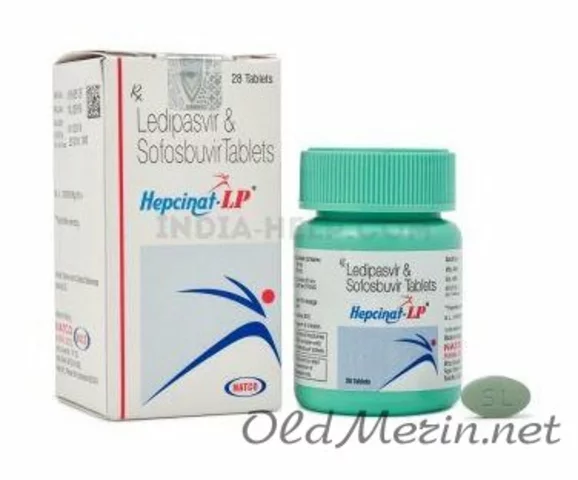PTSD: Symptoms, Treatments, and Real‑World Health Guides
When dealing with PTSD, Post‑Traumatic Stress Disorder is a mental‑health condition that can develop after experiencing or witnessing a terrifying event. Also known as post‑traumatic stress, it affects mood, thoughts, and physical health. Trauma, the psychological wound caused by shocking experiences is the core driver—PTSD encompasses traumatic memories that replay in flashbacks, nightmares, and hyper‑vigilance. The disorder isn’t just emotional; it can trigger a cascade of physical reactions like elevated heart rate, sleep disruption, and chronic pain. Because the brain’s threat‑response system stays on high alert, everyday stressors feel magnified, making coping a daily challenge.
Effective recovery usually requires a mix of Medication, prescribed drugs that balance neurotransmitters and reduce anxiety or depression and structured Therapy, evidence‑based counseling such as Cognitive‑Behavioral Therapy or EMDR. Treatment requires medication, and medication influences therapy outcomes—patients who take appropriate antidepressants like bupropion (Wellbutrin) or nortriptyline often report fewer intrusive thoughts, which lets them engage more fully in trauma‑focused counseling. Dosage guidelines matter; for example, adult cefuroxime dosing and renal adjustments illustrate how precise dosing improves safety, a principle that applies equally to mental‑health meds.
PTSD rarely walks alone. Many people also face comorbid conditions such as anxiety, depression, chronic fatigue, or even physical ailments like post‑surgical eye inflammation that can trigger migraines. Research shows viral infections (e.g., HPV or hepatitis) can worsen mental‑health symptoms, so staying up‑to‑date on vaccinations and preventive care matters. Lifestyle choices—regular exercise, good sleep hygiene, and stress‑relief techniques—play a big role, much like self‑care methods that boost low libido or improve overall well‑being.
Practical steps help break the cycle. Start with a trusted health‑care provider to evaluate medication needs, then pair prescription use with therapy sessions that teach grounding techniques. Keep a symptom journal to track triggers, dosage changes, and side‑effects; this mirrors the way people monitor dosing for antibiotics or antiplatelet drugs like generic Plavix. Don’t overlook community resources—support groups, veteran services, and online forums provide peer validation and coping tools.
Below you’ll find a curated collection of articles that dive deeper into each of these areas: from medication dosing guides and trauma‑focused therapy insights to tips for managing related health concerns. Explore the links to get actionable advice you can start using today.

PTSD’s Effects on Memory and Cognitive Function
Explore how PTSD disrupts memory and cognition, why the hippocampus and amygdala matter, and practical steps to boost brain function.
Categories
- Medications (86)
- Health and Wellness (47)
- Pharmacy Services (15)
- Chronic Conditions (9)
- Women Health (6)
- Health and Nutrition (5)
- Medical Research (4)
- Mental Health (4)
- Child Health (2)
- Skincare (2)



